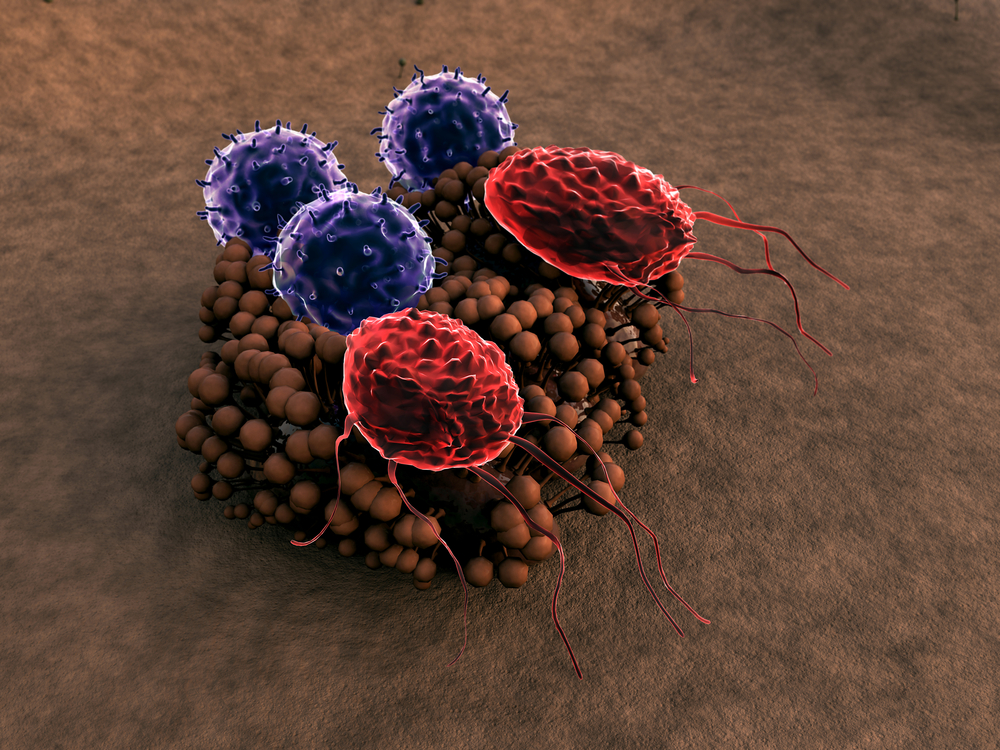Peregrine Pharmaceuticals, Inc. recently presented the latest results on several studies with bavituximab, their investigational phosphatidylserine (PS)-signaling pathway inhibitor, during the 10th Annual Immunotherapy and Vaccine Summit (ImVacS) in Boston, MA.
Bavituximab is a chimeric monoclonal antibody developed to target the protein phosphatidylserine (PS), which masks tumor cells and inhibits their recognition by the immune system. Bavituximab binds to PS, therefore blocking it along with its immunosuppressive action, enhancing anti-tumor immune responses.
Dr. Jeff T. Hutchins, vice president and preclinical research at Peregrine Pharmaceuticals, Inc. presented the results of bavituximab’s performance in several pre-clinical and clinical studies.
Tumors develop strategies to evade its detection by the immune system, creating an immunosuppressive microenvironment that allows them to survive and proliferate. One of Peregrine’s study showed that bavituximab (and bavituximab-like antibodies) disrupts tumors’ immunosuppressive strategies while enhancing immune activity against tumors. Specifically, the study showed bavituximab induces an increase in tumor infiltrating CD8+ T cells (cytotoxic T cells) and cytokines, while it decreases the levels of other immune cells (macrophages and myeloid cells) that allow tumors to remain undetected by the immune system.
Through its activation of CD8+ T cells in the tumor microenvironment, bavituximab stimulates programmed cell death-1 (PD-1) expression – suggesting that the combination of bavituximab with anti-PD-1 antibodies (checkpoint inhibitors) increases anti-tumor immune responses. Accordingly, one of the company’s translational study showed that patients with low PD-L1 or PD-1 expression on infiltrating tumor immune cells exhibited enhanced immune activation after bavituximab administration. Importantly, using animal models of multiple tumor types researchers found that combining bavituximab with anti-PD-1 antibodies allowed complete tumor regression in some cases. These findings highlight the drug’s potential to increase patients’ responses to PD-1 and PD-L1 immunotherapies.
In a recent news release, Dr. Hutchins commented these findings, “We continue to generate a broad collection of pre-clinical, translational and clinical data highlighting bavituximab’s novel mechanism of action and synergistic activity for a range of combination treatments. These study results, particularly as they relate to the potential synergies between bavituximab and checkpoint inhibitors, create great excitement for us as we begin work with our new collaborators at Memorial Sloan Kettering Cancer Center and AstraZeneca, while continuing our long-standing relationship with the University of Texas Southwestern Medical Center where this technology was originally developed. By aligning with these world leaders in cancer immunotherapy to study novel immuno-oncology combination therapies, we are best positioning ourselves to maximize the potential role that bavituximab can play in this new era of innovative cancer treatments.”


